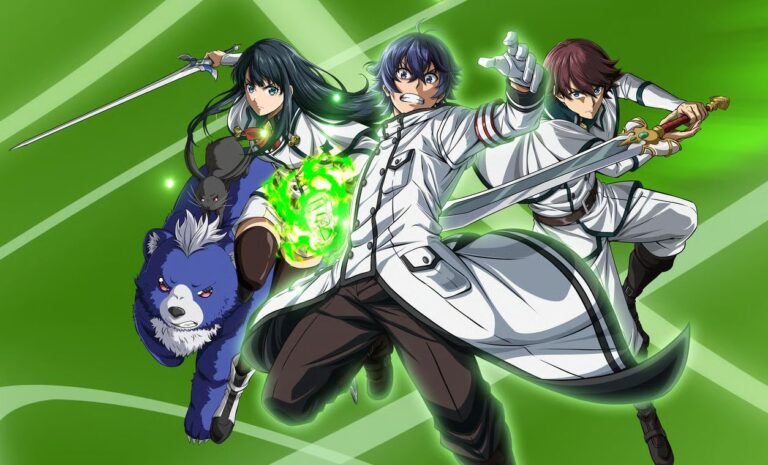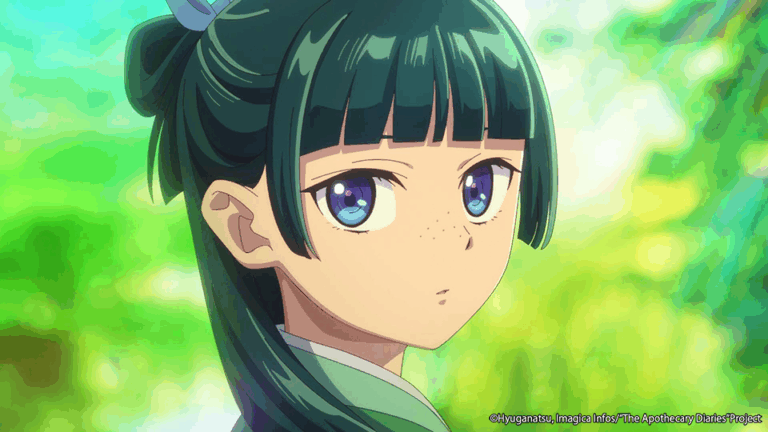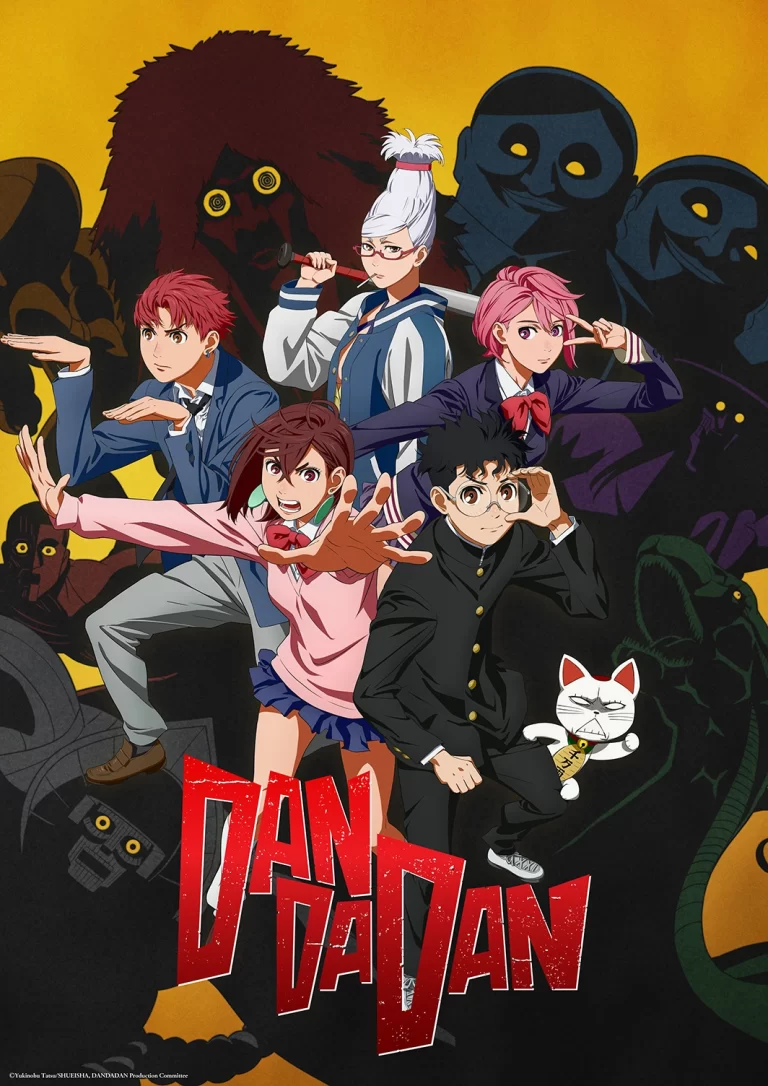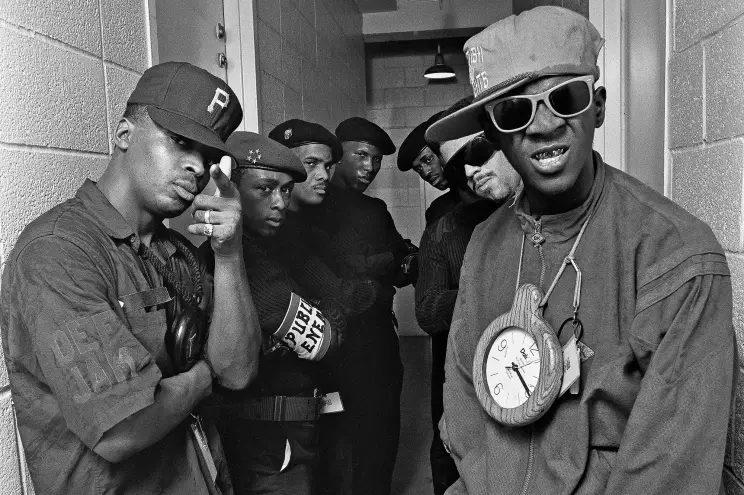
Frieren Anime Review (Season 1)
Frieren: Beyond Journey’s End Season 1 is a rare gem in anime—quiet, melancholic, and profoundly human, even when it’s dealing with elves, demons, and magic. Based on the manga by Kanehito Yamada and Tsukasa Abe, the anime begins after the grand adventure is over, subverting traditional fantasy tropes. Instead of epic battles and sweeping romance, it delivers something deeper: an emotional meditation on grief, growth, and the passage of time. The result is a fantasy story unlike any other—gentle, introspective, and quietly devastating.
Story and Emotional Depth
The story picks up a decade after the hero party has defeated the Demon King. Frieren, the elven mage of the group, returns to the capital to reunite with her old comrades: the heroic Himmel, the stoic Eisen, and the cheerful priest Heiter. But as an elf with a near-immortal lifespan, Frieren experiences time differently—and when Himmel dies of old age shortly after their reunion, she is hit with a realization she never truly understood during their travels: she barely knew him, and now it’s too late.
This sense of quiet regret and slow self-discovery forms the heart of the series. Instead of a fast-paced fantasy quest, Frieren becomes a journey of emotional healing. The series uses its fantasy setting not to distract, but to highlight the beauty and sadness of fleeting human lives. Each episode peels back a new layer of Frieren’s slowly opening heart—how she reflects on memories, how she learns to value companionship, and how she seeks to understand what it means to truly know someone.
This unique tone sets Frieren apart from other fantasy anime. While Made in Abyss uses adventure to explore trauma and Mushoku Tensei offers a character-rebuilding arc through reincarnation, Frieren quietly examines mourning and memory through stillness and reflection.
Frieren’s Personality and Journey
Frieren begins as emotionally distant—logically minded, aloof, and often clueless about human sentiment. But Season 1 shows her slowly thawing, growing more present, more empathetic, and increasingly aware of the weight of memory. Her transformation isn’t dramatic—it’s subtle and often shown through small moments: a wistful smile, a long pause, a shared silence.
Her journey is not about gaining power (she’s already absurdly powerful); it’s about gaining emotional understanding. She’s a character who begins with all the magical strength in the world, but no tools for grief or friendship. Watching her learn to care for others—especially Fern—is where the story’s heart lies.
Pivotal Side Characters
The supporting cast is rich with warmth, humor, and depth, each adding new layers to Frieren’s journey:
- Fern: A young mage raised by Heiter and later taken under Frieren’s wing, Fern is grounded, mature beyond her years, and often acts as Frieren’s emotional compass. Their dynamic is the core relationship of the show—part mentor-student, part mother-daughter, and eventually, equals. Fern’s quiet frustration and affection for Frieren create a subtle but strong emotional tether.
- Stark: A warrior apprentice of Eisen, Stark is cowardly but kind-hearted. He provides comic relief but also heart, showing surprising courage when it matters most. His growing bond with Fern—shy, awkward, and tender—adds a youthful and romantic counterbalance to Frieren’s timeless melancholy.
- Sein: A middle-aged priest with a sharp tongue and reluctant heroism, Sein brings world-weary realism to the party. His brief arc explores the cost of duty, the pull of nostalgia, and the painful question of what could have been.
- Himmel, Heiter, Eisen: Though the original hero party is mostly seen through flashbacks, their presence is felt throughout the season. Himmel’s kindness and quiet love for Frieren, Heiter’s sly wisdom, and Eisen’s stoic gentleness form the emotional spine of the series. They’re remembered not through grandeur, but through quiet, beautiful memories that haunt Frieren’s path.
- Flamme: Frieren’s long-deceased magical mentor, Flamme appears as a legendary, powerful figure who once shaped the fate of the world—but her most important contribution is personal. Her teachings and final wishes guide Frieren not just magically, but morally.
Magic System and Villains
Frieren’s magic system is intricate and steeped in history. Spells range from the absurdly mundane (like making flowers bloom or warming bathwater) to the terrifyingly destructive. What makes it fascinating isn’t the flashiness, but the philosophy—magic is treated as an ancient, forgotten art form, tied closely to emotion, memory, and perception. Mages often collect spells not for power, but for beauty, nostalgia, or curiosity.
The villains—mostly demons—are a chilling contrast. Rather than being comically evil, demons are portrayed as intelligent and manipulative beings who lack human emotion or empathy. They mimic kindness to deceive. This gives battles an eerie psychological tension. The Seven Sage-class demons, especially, exude menace not through power, but through the cold logic of their brutality. The battle with Aura the Guillotine is a standout, combining brilliant tactical magic with unnerving atmosphere.
Animation Quality
Produced by Madhouse (Death Note, Hunter x Hunter), the animation in Frieren is breathtaking. The series has a calm, painterly aesthetic—soft lighting, delicate character animation, and richly colored environments that reflect the passing seasons and passage of time. Even in moments of stillness, there’s a powerful sense of atmosphere.
Battle scenes are carefully choreographed but never flashy for the sake of it. Instead, they serve the story and character. Visual metaphors, slow pans, and subtle gestures do more storytelling than monologues ever could. The animation is especially powerful in emotional scenes—Himmel’s death, Fern and Stark’s quiet moments, Frieren recalling a long-forgotten smile.
The music, composed by Evan Call, is gentle, orchestral, and full of emotional texture, amplifying the bittersweet tone of the series.
Looking Ahead to Season 2
With Season 1 ending as the party heads toward the First-Class Mage Exam, fans have much to look forward to in Season 2:
- New companions like Lawine (brash, ice-wielding and impulsive), Kanne (kind-hearted and watery in more ways than one), Übel (an unsettling yet intriguing enigma), and Land (mysterious and wise) promise new group dynamics, magical philosophies, and moral complexities.
- The First-Class Mage Exam arc introduces a more structured, tense progression with rich world-building and new rivalries.
- Viewers are eager to see more flashbacks to Frieren’s early days, potentially even with Flamme and other ancient mages.
- The stakes—both emotional and magical—are rising. As Frieren moves closer to the resting place of souls, the final goal of her journey looms: to understand Himmel in death in a way she couldn’t in life.
Final Verdict: 10/10
Frieren: Beyond Journey’s End Season 1 is a quiet triumph. It tells a fantasy story not with bombast, but with grace—not with world-ending crises, but with the subtle tragedies of memory, time, and missed connections. It’s beautifully animated, emotionally complex, and deeply resonant. A spiritual cousin to Violet Evergarden, Mushishi, and Natsume’s Book of Friends, Frieren is an anime that lingers long after the credits roll.
Season 2 promises more discovery—not just of magic and lore, but of what it means to live, to love, and to remember. Fans aren’t just watching Frieren’s journey—they’re feeling it.






